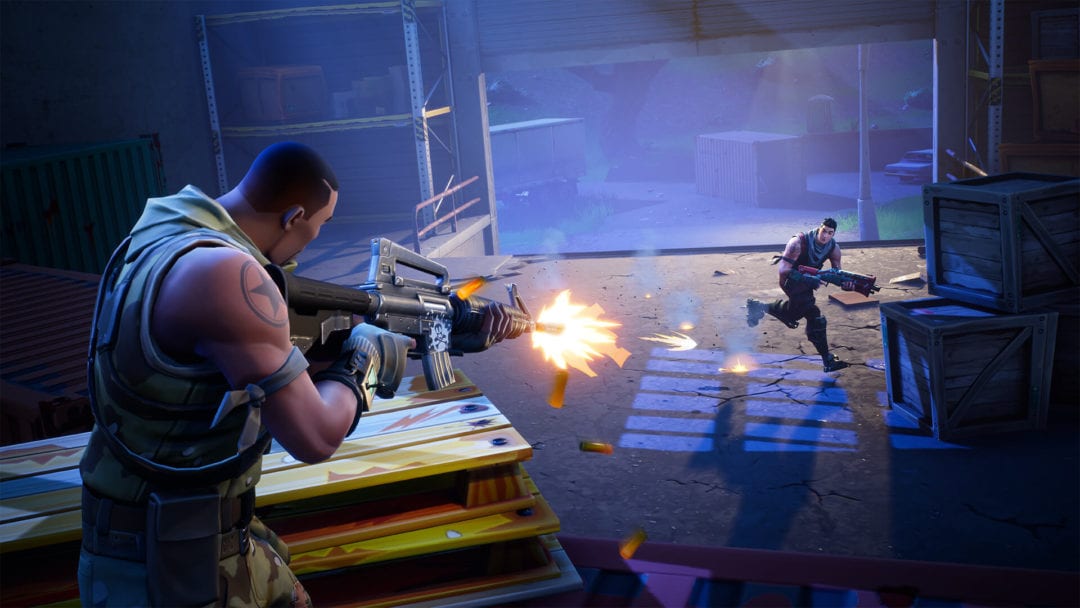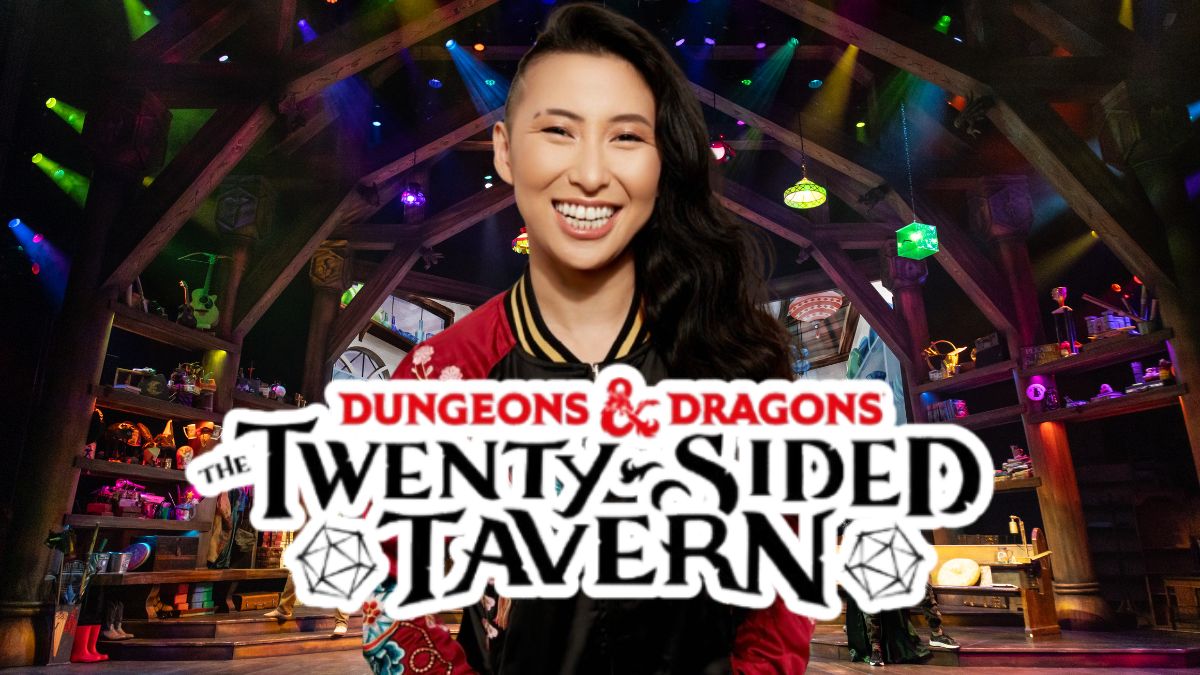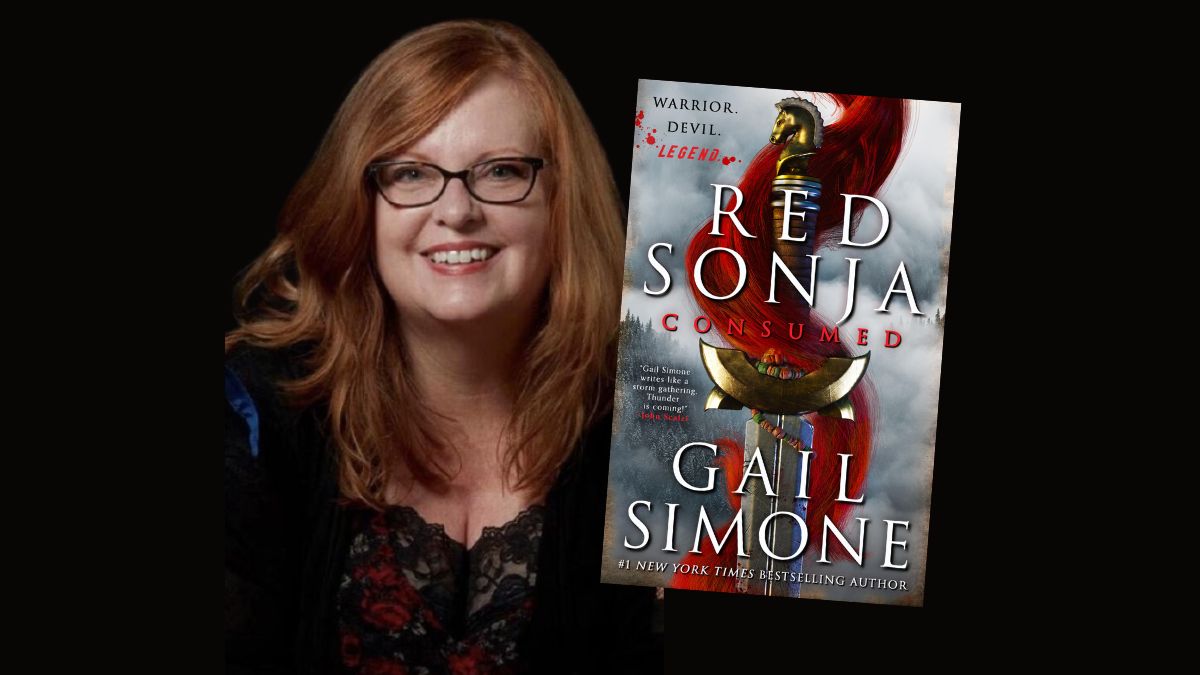The Epic Games Store has a plan to topple Steam, making game developers an offer that seems irresistible with its new storefront. Where Steam shares just 70 percent of sales revenue with developers — pocketing the remaining 30 percent like almost all digital goods retailers have since Apple started the model with iTunes — the Epic Games Store will give creators and publishers 88 percent.
Opening for business with a small “hand-curated set of games on PC and Mac,” the Epic Games Store promises even more plum deals for game makers looking for an alternative to Steam. Unreal Engine is used in myriad industries, not just video games, so Epic is starting out with an enormously strong service pedigree. Community lures like Epic Games Store’s Support-a-Creator program will let developers directly engage with and reward streamers and other fan content creators. Perhaps the sweetest quid pro quo deal of all: any developer using Unreal Engine will have royalty fees waived for each sale of their game on the Epic Games Store. With Fortnite dominating the popular gaming consciousness, Epic also has a powerful tool to bring in a ready-made audience ready to spend on digital goods.
Conceptually, the Epic Games Store feels like a perfect fit for the way video games are made and sold today. But what does it look like to an actual small developer trying to get an independent game in front of an audience with cash to burn?
“When you’re operating at a small scale and expect correspondingly lower sale numbers, every percent counts,” said Seth Rosen, founder of the new indie studio Short for a Knight. He’s spent the last decade working on both the biggest of AAA games like BioShock Infinite and Mafia III as well as indie hits like Klei Entertainment’s Don’t Starve; that background covers the full-range of developers competing in marketplaces like the Epic Games Store. “Taking home more money is just obviously better than taking home less money. And, if I were starting a new project and could decide what engine to use for it, the waiving of the engine percentage makes Unreal more appealing.”
As much as developer’s need that bigger chunk of change, they also need a way out from under the flood of content on Steam. Valve has been struggling for years to determine the best way to let its customers know what’s available, but no company in any medium has properly cracked the curation code yet. Rosen, who is working on a new local multiplayer game called Nectar Vector, said he’s more concerned about visibility on the Epic Games Store than any hidden dangers in its revenue-sharing model.
“Being on a curated store is good for me,” Rosen said. “It’s a vote of confidence from the platform-holder that the game is of a reasonable quality, which in turn makes customers more comfortable taking a chance on buying games like mine that they maybe don’t know much about. But the way [the Epic Games Store talks] about their curation, it’s not entirely clear whether the first wave of games is the only set of games that will be curated, or if they intend to keep up those efforts (and, if they do, for how long). And as far as the cross-promotion of games, I’m just not convinced that it’s better for me if that kind of thing is absent. Does it being there mean I would miss out on some sales? Probably. But does it also mean that I would sell some copies to people that would otherwise never find my game (who can then tell their friends about it)? Definitely.”
While Steam isn’t going to crash and burn yet, Rosen thinks the Epic Games Store will further erode dominance that’s already shrinking.
“I think we’re starting to see a shift to people buying games on stores like itch.io when they can — anecdotally, that’s definitely the case in the circles that I run in. And the Humble Store is chugging along in the background. So, as more players get into the business of selling other developer’s games, I think you’ll see a natural increase in competitiveness and I expect the Steam team to have to start being more proactive about keeping their store healthy for developers and for consumers, rather than resting on the laurels of being the only game in town.”






Published: Dec 5, 2018 02:25 pm